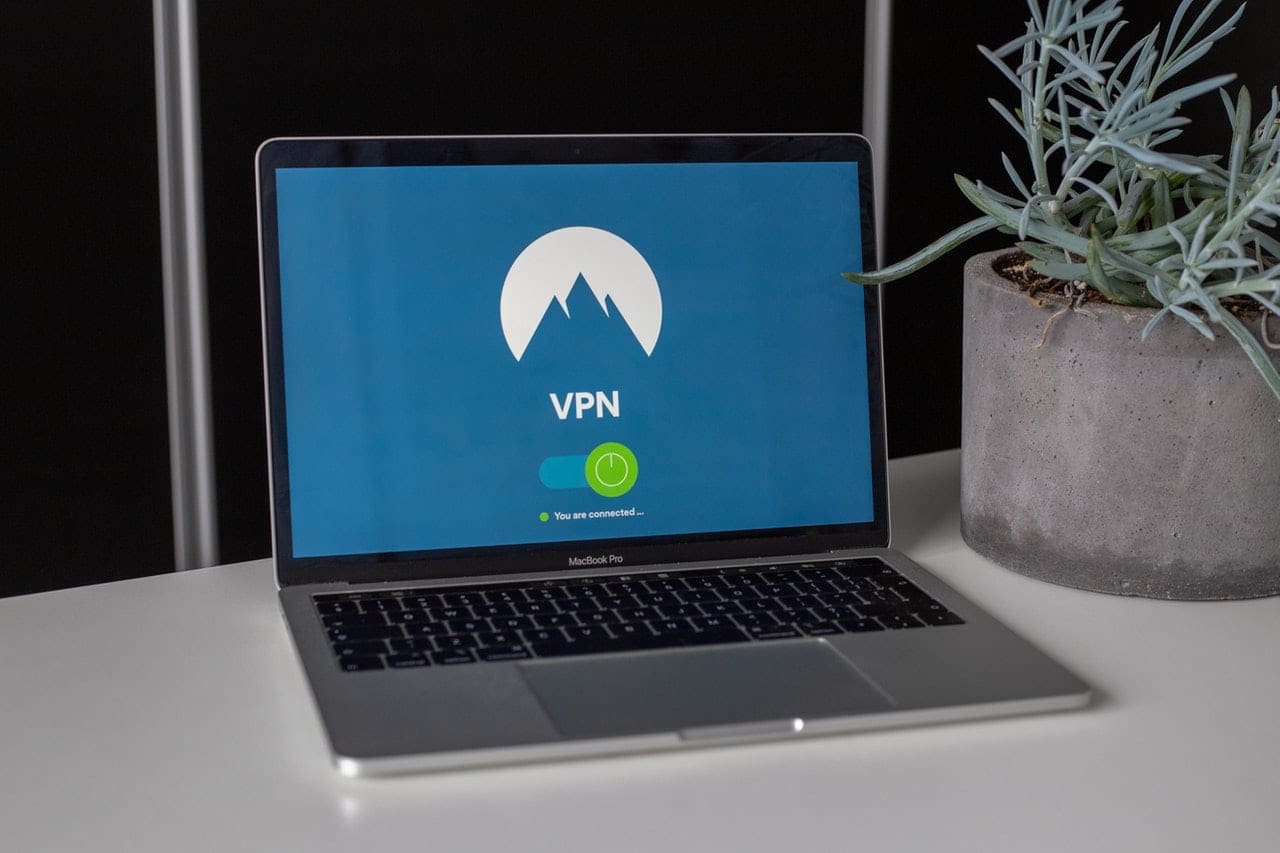If youre concerned about your privacy on the internet youve probably heard about VPNs or Virtual Private Networks.
Using a VPN, however, will encrypt and relay all of your traffic through the VPN.
Your ISP or web link administrator will only be able to see that youre using a VPN.

They wont be able to tell what youre using it to connect to.
You should stick to company policy as breaking it could be a fireable offence.
Your IP Address
An IP address is a unique address for your box on the Internet.
Every website that you connect to will know what your IP address is.
A VPN hides your IP address and replaces it with its own.
As far as any websites are concerned, your IP address is the same as the VPNs.
Your Location
One of the many disappointing features of the modern internet is the region locking of certain content.
Due to licencing restrictions, some content is only available on certain sites in certain countries.
This geolocation can be used to restrict you from being able to access certain content.
As mentioned above, a VPN changes your IP address.
The IP address is what the computer actually uses to connect.
Tunneling your DNS traffic over the VPN is the only way to avoid this.
Who are you hiding from?
VPNs are often said to protect your privacy, and they do, in a way.
Realistically they just change who can see certain bits of information.
Online trackers such as advertising networks are another group that you may want privacy from.
However, the VPN provider can still see all of this data.
You cant stop using the intermediary servers used to connect to websites.
A VPN will likely change which specific servers you connect through, but youll still go through some.
Your main protection against them is encryption, both in the VPN connection and through HTTPS.
Privacy from advertising and tracking networks is the hardest.